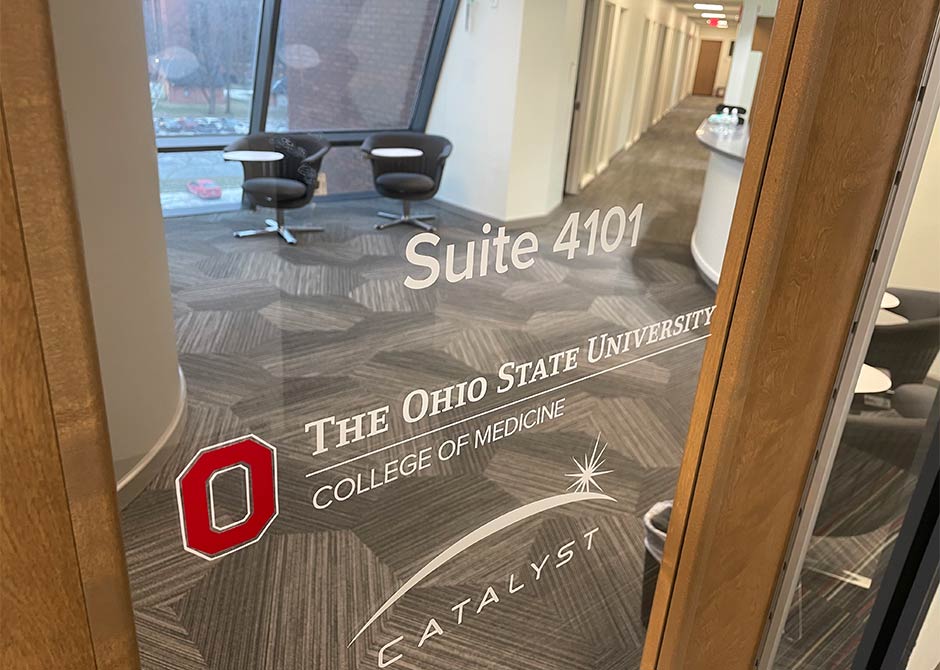
Learn about our work
View our current research within the CATALYST Center


CATALYST is a leading interdisciplinary health services and implementation science research program because of efforts in the following areas:
Ann Scheck McAlearney, ScD, MS, is the Executive Director of CATALYST, Associate Dean for Health Services Research, and Distinguished Professor in the Department of Family and Community Medicine.
Apply to the 2026-2027 program
At CATALYST, our faculty and staff are always hard at work on a number of projects related to team science, analytics, and systems thinking. Our research has been published in a variety of journals, and it is regularly cited in other scholarly work.
View our publications and citations
Amanda Gusovsky Chevalier, PhD, MPH, with her first publication as lead author, received widespread attention for her work. The article, “Costs Are Still on the Rise for Commonly Prescribed Branded Neurologic Medications,” was published in the journal Neurology. After a news release was issued by the American Academy of Neurology, her work attracted the attention of U.S. News & World Report, which discussed her findings in their article. In the publication, Dr. Gusovsky Chevalier and her team reported that out-of-pocket costs for multiple sclerosis medications increased by an average of 217% from 2012 to 2021. They also found that while branded epilepsy medications cost more than generic equivalents, after the introduction of generic alternatives, annual out-of-pocket cost decreases ranging from 48% to 80% were seen for several medications.
Access the paper in Neurology Read the U.S. News & World Report article





View our current research within the CATALYST Center

Meet our team of CATALYST researchers

Learn more about the CATALYST Clinical Scholars Program

Data Sources

At CATALYST, we are committed to ensuring that evidence-based solutions reach the people and communities where they are needed the most.

View our available positions within the CATALYST Center

As a leading interdisciplinary health services and implementation science research program, CATALYST seeks to complement the mission of The Ohio State University College of Medicine “to improve people’s lives through innovation in research.” We ensure that the work of research faculty is impactful for the organization and the populations they serve.
You can support our goal to be leaders in health services and implementation science research by making high-impact discoveries that benefit patients, providers, and the communities we serve.
For more information about how to make a gift or to find a program to support, please email Development Services Specialist Christopher Kuraly at Christopher.Kuraly@osumc.edu. Thank you for helping to create an environment that supports success in research and discovery.
